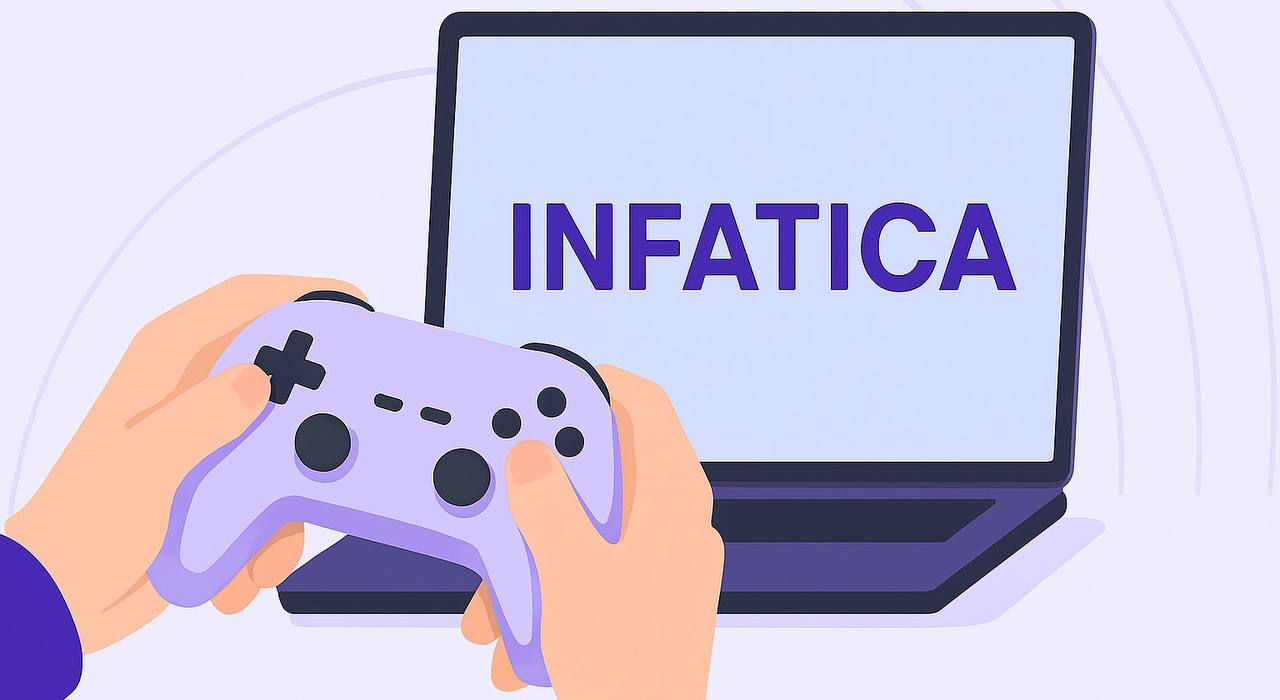Developers of desktop, browser-extension, and mobile applications now operate in a regulatory environment defined by increasing legal, platform, and reputational risk. Compliance with the General Data Protection Regulation (GDPR), the California Consumer Privacy Act (CCPA), and recent EU legislative instruments such as the Digital Markets Act (DMA) and Digital Services Act (DSA) is no longer optional. In parallel, platform-level enforcement mechanisms — including Google’s Ads Transparency Center, SDK declaration requirements, and app store policy audits — demand that monetization logic be consent-driven, auditable, and data-minimizing by design. Against this backdrop, the Infatica SDK offers a monetization framework that is explicitly engineered to comply with privacy laws, satisfy platform policies, and preserve critical performance metrics such as ARPDAU, LTV, and eCPM.
Market Shift Toward Consent-Centric Monetization
Historically, app developers deprioritized consent-based monetization due to assumptions about opt-in friction, loss of engagement, and perceived drops in revenue. However, the post-2025 environment has flipped the economic calculus: monetizing users without transparent, opt-in flows now constitutes a liability — not only regulatory but also commercial.
Google Play’s updated policies mandate pre-monetization consent and disclosure of SDK functionality, while App Store review teams increasingly rely on automated scanning tools to detect undeclared data access or passive monetization. Simultaneously, advertisers and demand-side platforms are migrating budget allocations toward publishers with demonstrably compliant data flows, making transparency a key factor in eCPM uplift.
AppsFlyer’s 2025 Monetization Trends Report confirms this trend, showing that remarketing conversions have overtaken install-driven monetization as a revenue driver, particularly in regions with strong privacy regulations. Developers failing to adapt are not only exposing themselves to legal sanctions, but are also at risk of falling behind in user trust and ad network eligibility.
Strategic Integration Methodology
To enable lawful, user-respecting monetization without revenue erosion, Infatica has developed a structured seven-stage implementation methodology. The process begins with a quantitative assessment of the user base, identifying retention characteristics, geographic risk zones, and revenue variance across jurisdictions. This allows developers to isolate high-risk cohorts and tailor monetization strategies accordingly.
Once audience segmentation is complete, the appropriate model can be selected. Options include sub-ID-based LTV attribution, non-intrusive peer-to-business models, or hybrid monetization schemes incorporating subscriptions. The integration stage involves linking the SDK with a standards-compliant Consent Management Platform (CMP), such as one aligned with the IAB Europe TCF v2.2 specification. Runtime enforcement ensures that the SDK remains inactive until a valid consent string is present, preserving legal defensibility.
Technical validation focuses on minimizing performance overhead. Infatica’s internal testing confirms the SDK consumes less than 2% battery and under 1% CPU across supported environments. Analytics are captured post-consent and broken down by cohort and jurisdiction, enabling developers to compare SDK performance against legacy advertising systems. Hybrid monetization optimization further allows for dynamic revenue blending based on consent tiers and user segments. Global scaling is facilitated through locale-specific consent interfaces, policy translations, and automated region-locking functions that restrict SDK behavior in non-permissible markets.
Compliance-First Monetization Architecture

Infatica’s monetization framework is architected around a privacy-by-design paradigm. No personally identifiable information (PII) is collected, stored, or processed. The SDK operates in stateless mode, and all monetization logic is sandboxed, ensuring isolation from core application functions. Consent handling is executed via a dedicated, declarative interface, and all interactions are logged using IAB-standardized consent strings, which can be exported for audit purposes.
Unlike legacy ad SDKs that rely on fingerprinting, behavioral targeting, or opaque auction logic, Infatica’s approach is deterministic and easily auditable. This simplifies due diligence reviews, improves trust with platform reviewers, and reduces integration friction with privacy-first DSPs and SSPs.
Internal benchmarks show that apps integrating Infatica observed a 50% increase in ARPDAU relative to ad-only monetization. LTV improvements of 30% were reported in hybrid deployments where SDK monetization supplemented subscription tiers or microtransactions. Performance remained stable, with battery and CPU metrics within mobile compliance thresholds. These results confirm that consent-centric monetization can deliver quantifiable business value without compromising on regulatory posture.
Operational Risks of Non-Compliance
Applications that fail to implement valid, transparent consent flows expose themselves to enforcement risk under GDPR Article 83, CCPA §1798.155, and equivalent provisions in Brazil (LGPD), India (DPDP), and South Korea (PIPA). Penalties range from administrative sanctions to financial fines exceeding €20 million or 4% of global revenue.
Typical violations in SDK monetization contexts include the activation of data collection or monetization prior to consent, use of undeclared SDKs, lack of persistent opt-out mechanisms, and insufficient audit documentation. Regulators in France, Germany, and the UK have already fined multiple publishers for integrating passive monetization SDKs without legal basis, even in cases where no direct user data was collected.
Infatica mitigates these risks by ensuring that monetization events are cryptographically tied to a consent receipt, runtime behavior is jurisdiction-aware, and SDK declarations are manifest-compliant. For developers, this reduces legal overhead and simplifies alignment with in-house DPOs and external auditors.
Monetization Transparency as a Business Enabler
From a commercial standpoint, SDK transparency has evolved from a compliance obligation into a market differentiator. Advertising partners, ad exchanges, and investor due diligence teams increasingly request documentation of SDK behavior, consent enforcement mechanisms, and privacy policies. Publishers who fail to provide such transparency face reduced fill rates, lower bids, or disqualification from premium campaigns.
Infatica’s audit-ready design directly addresses these concerns. Consent logs are exportable, SDK behavior is documented in integration manuals, and partner disclosures can be embedded into public privacy notices. This creates a chain of trust between app developer, user, and monetization partner — a requirement in an era where platform trust increasingly governs monetization eligibility.
Regulatory Trajectory and Strategic Forecast
Between 2025 and 2027, SDK monetization is expected to undergo further legislative tightening. The introduction of the American Data Privacy and Protection Act (ADPPA), India’s DPDP Act, and revisions to the ePrivacy Directive will expand the scope of lawful consent, narrow permissible monetization logic, and elevate penalties for silent monetization flows.
Analyst projections suggest that over 80% of EU-based apps will adopt CMP-integrated monetization SDKs by mid-2026. Markets such as Brazil, Japan, and South Korea are likely to follow similar paths, adopting either GDPR-style enforcement or hybrid models emphasizing user autonomy and data sovereignty. Monetization strategies that fail to adapt to these conditions will not only face legal obstacles but also erosion of user trust and commercial viability.
Conclusion
Infatica SDK offers a consent-centric, audit-friendly, and performance-stable monetization solution that aligns with modern legal frameworks and user expectations. Its design reflects the realities of the post-GDPR monetization ecosystem, where revenue generation must be balanced against lawful processing, platform visibility, and end-user transparency.
By adopting Infatica, developers future-proof their monetization stack, reduce regulatory exposure, and align their applications with the ethical and economic trajectory of the digital market. In this environment, monetization without trust is untenable — and trust begins with visible, verifiable consent.
Learn more
AppsFlyer’s 2025 monetization trends report: appsflyer.com
Google Ads transparency update: searchengineland.com
DMA implications for monetization models: arxiv.org
Market impact forecast: emarketer.com
Frequently Asked Questions
Does the SDK affect UX or drain battery?
Battery impact is less than 2%, with no effect on performance or UX.
What consent rate can I expect?
Apps using lightweight, honest consent flows consistently achieve over 85% opt-in.
How is LTV improved?
By combining SDK passive income with subscriptions or in-app purchases for hybrid models.
If you’re ready to integrate GDPR-compliant, user-friendly monetization into your app or extension, learn more about Infatica SDK or get in touch.
